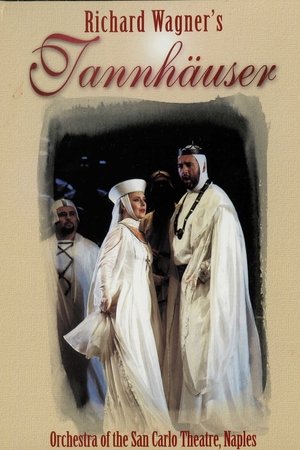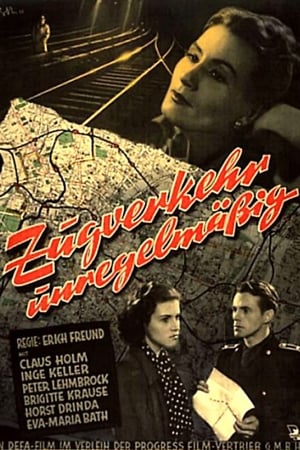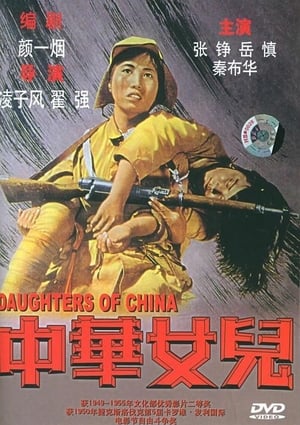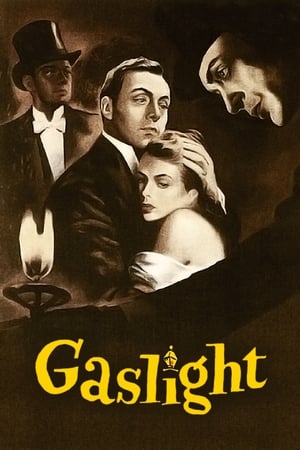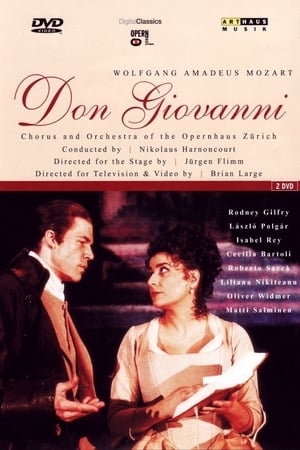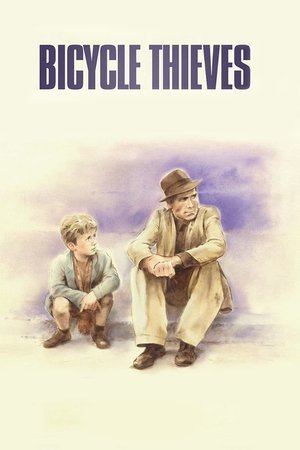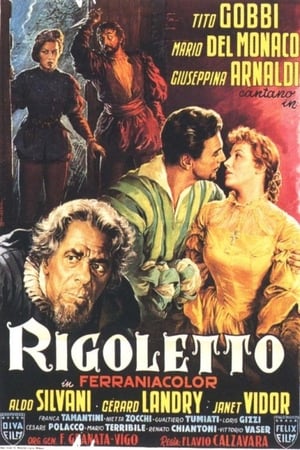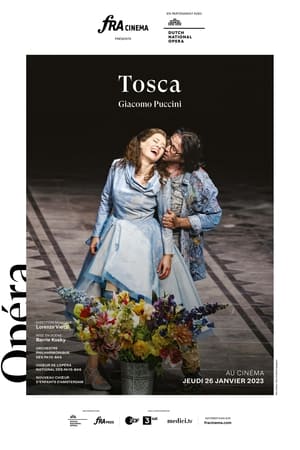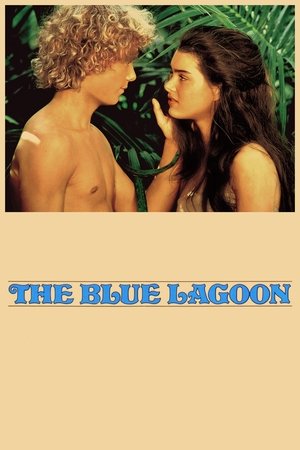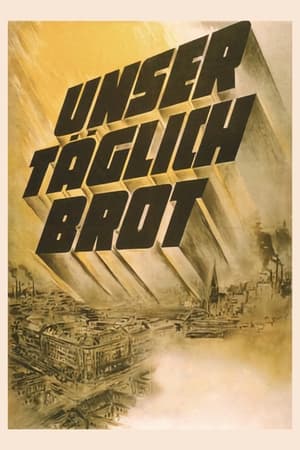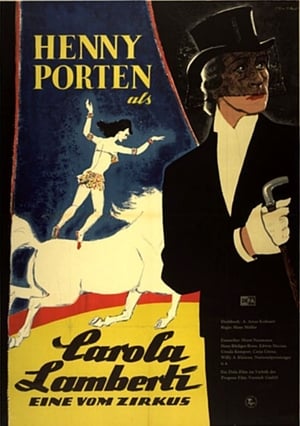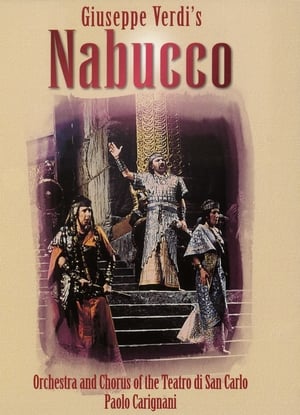Overview
Carmen is a French-Italian musical drama film directed by Christian-Jaque and starring Viviane Romance, Jean Marais, and Lucien Coëdel. It is a version of the famous opera. It was filmed in two versions, French and Italian, with the same screen cast but some different crew, and with Italian voices dubbed in on the Italian version, which have been munged together at IMDb. A third version, with English dubbed under the direction of British actor Noel Howlett, was made subsequently using one of the two (French or Italian) originals for the visual source.

 French
French
 8
8
 1944
1944
 France
France
